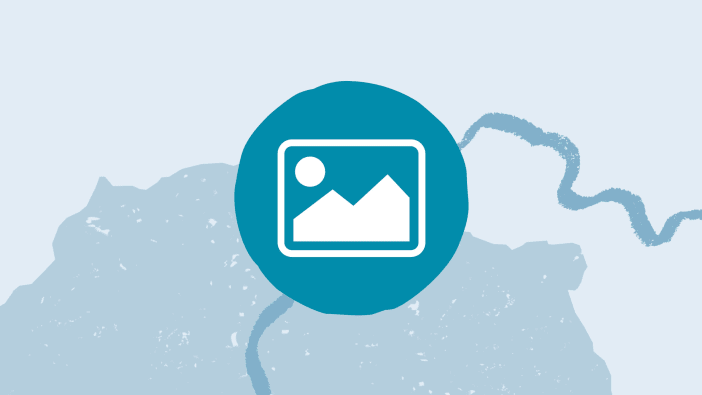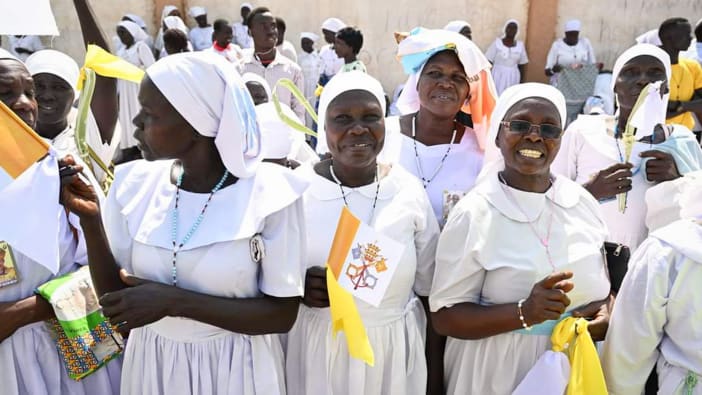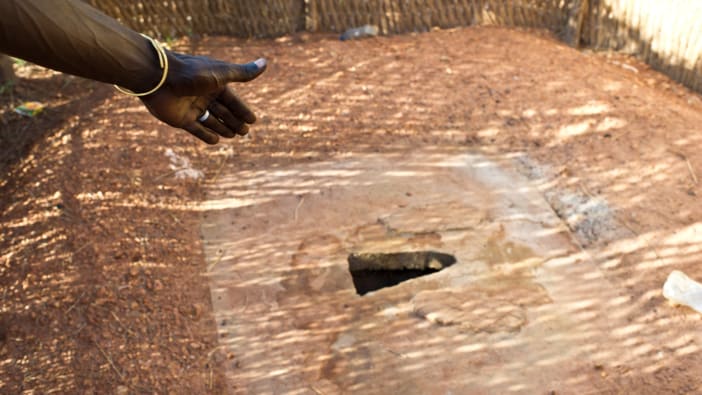by Andrew Wheeler.
The Dinka and Nuer people of Southern Sudan had been in conflict with each other for many years. Cattle raiding, armed fights, abducting women and children and fighting over fishing and grazing rights had resulted in a band of ‘no-man’s land’ 50–100 miles wide between them. This strip of land contained much of the best dry season grazing and fishing.
The conflict was causing poverty, despair and also damaging the traditional way of life as power and decision-making were increasingly in the hands of the armed and violent fighting men, often linked to the rival armies of the SPLA and SSIM.
Taking responsibility
After a year of careful planning, about 35 people – including Nuer and Dinka elders, chiefs, religious and church leaders – were brought together in Lokichoggio, Northern Kenya. For the first time, these leaders were able to share stories of the suffering experienced because of the fighting between their peoples. Rather than blame the rival armies, the leaders were willing to take responsibility for the war and for making peace on their own shoulders. They committed themselves to work together for a peace accord and began planning a conference to bring a lasting reconciliation to their people.
The conference was held in the tiny village of Wunlit – in the no-man’s land between the Dinka and Nuer. More than 2,000 people attended, including chiefs, elders, women’s leaders, religious leaders and representatives of the military. Traditional storytelling was the main theme of the conference. By encouraging people to tell their stories, people found release from the pain they had suffered.
It also highlighted various issues that had to be worked out and solved. A covenant was witnessed by 318 Dinka and Nuer community leaders. It was sealed with the sacrifice of a white bull – binding everyone to observe the covenant agreement, with Christian prayer and with a feast for everyone with meat from the covenant bull.
Signs of trust
Following the conference, there were many examples of how people showed their trust in the covenant. Thousands of Dinka and Nuer herdsmen moved into the no-man’s land and together visited the traditional sacred places, sacrificing another bull to re-enact the sealing of the Wunlit covenant. Trade was re-established.
The church had had a vital role in establishing the peace process and in hosting the first conference.
The support and prayer of churches throughout the area was very important. The traditional element was more prominent in the second, larger Wunlit conference. The Wunlit covenant was an achievement of the entire community. This was a great strength and ensured lasting confidence. It also became the centre of a widening peace process. Since then, trade routes have re-opened, marriages have been finalised with abducted women, thousands of Nuer who were displaced by the fighting have returned peacefully and the grazing lands and fishing sites have been shared peacefully.
Discussions between the Dinka and Nuer were made easier since both groups shared a common culture and pastoral economy. The people-led peace process has brought great encouragement in the chaos of modern Sudan. It shows that despite what seemed an endless cycle of conflict and revenge, traditional resources, together with the support of the Christian faith, can bring healing and new life.
Andrew Wheeler was a mission partner with CMS in Sudan.









